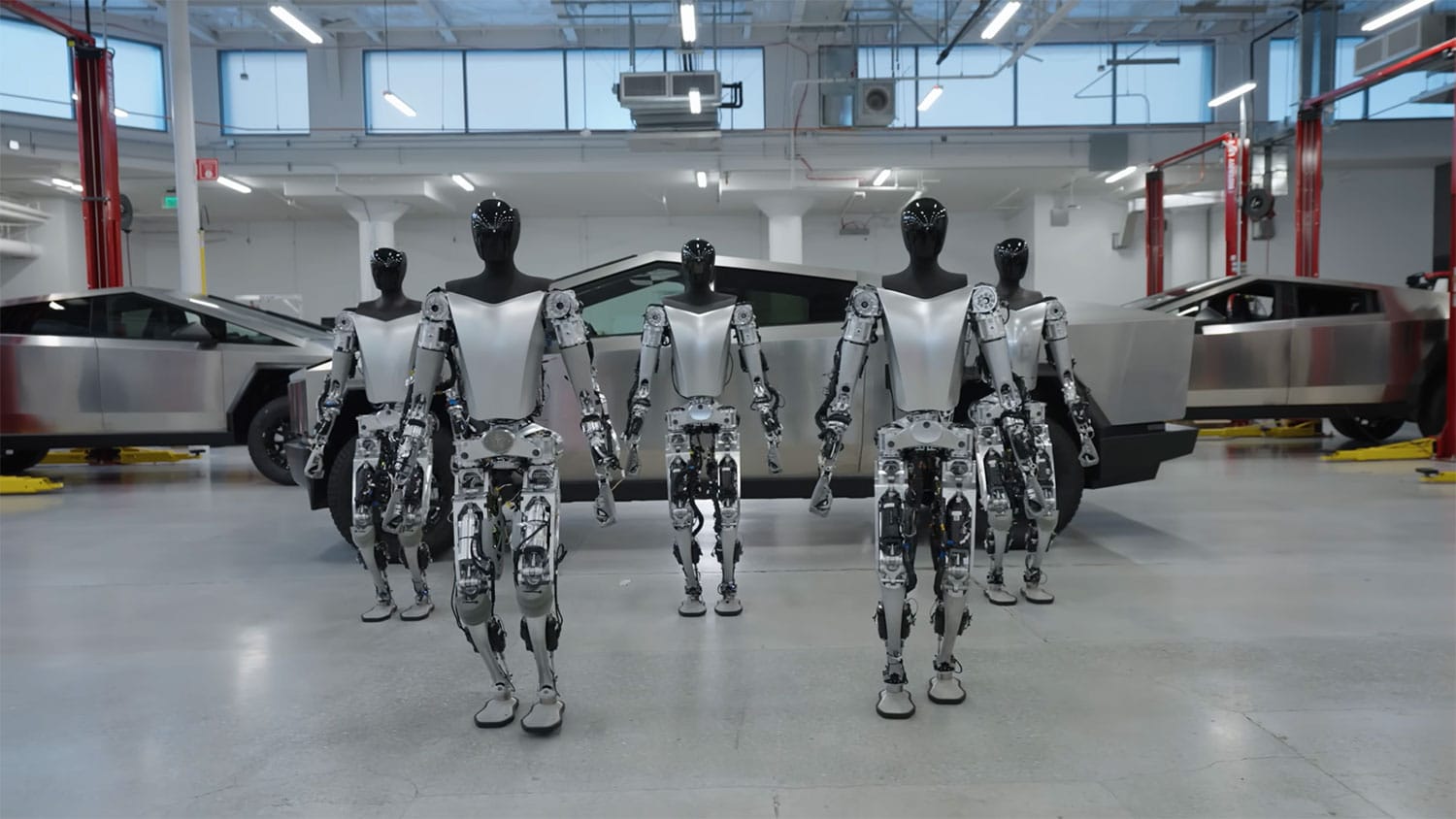Chicago’s 1871 Tech Incubator Announces Closure at Merchandise Mart Amidst Financial Challenges
On Wednesday, Elizabeth Ziegler, CEO of Chicago’s flagship tech incubator 1871, announced that the organization will be closing its physical space in the Merchandise Mart. This decision arises from financial pressures and a markedly different business landscape that has emerged since the COVID-19 pandemic. The Merchandise Mart has been home to 1871 since its inception in 2012, serving as a vital hub for entrepreneurs and innovators. However, Ziegler emphasized that the incubator can no longer “sustain the real estate commitment that once served 1871 so well in the pre-COVID years.”
This shift is indicative of a broader trend affecting many organizations, particularly nonprofits, as they grapple with the economic realities post-pandemic. Ziegler stated, “As we deal with our new economic realities, we are embracing a more flexible model that reflects today’s entrepreneurial landscape. We will continue to leverage our incredible network of partners to showcase Chicago as a global hub for innovation.”
While 1871 is actively seeking a new home, no specific locations have been disclosed. However, the organization plans to vacate its substantial 120,000-square-foot space by May 1, as reported by Crain’s Chicago Business. Until then, 1871 will continue to offer its programs, such as the upcoming sold-out International Women’s Day event scheduled for March 6. Notably, Ziegler’s email did not mention any potential layoffs among its 32 employees, leaving many questions about the future workforce.
The Evolution of 1871
Under its original business model, 1871 charged entrepreneurs membership fees for access to its co-working space and other resources. Over the years, this incubator has proven to be a powerful engine for job creation, with member companies generating approximately 15,000 jobs and raising a staggering $4 billion in capital, according to Ziegler. However, the pandemic has drastically changed the landscape of co-working spaces.
In early 2021, only about 20 individuals were utilizing the space on a typical weekday, a stark contrast to the bustling environment that characterized 1871 before the pandemic. Although membership numbers remained stable, many former users who had rented space made the difficult decision to forgo their memberships. Ziegler reflected on this change in an interview with the Sun-Times back in 2021, acknowledging the significant drop in foot traffic and the challenges faced by the organization due to these shifts.
The nonprofit organization is managed by the Chicagoland Entrepreneurial Center, which has also experienced a decline in financial performance. Tax filings reveal a drop in revenue from $9.1 million in 2018 to $6.2 million in 2023, underscoring the financial challenges that have led to the decision to close the Merchandise Mart location.
Impact on the Chicago Tech Scene
The closure of 1871’s space marks the end of an era for Chicago’s tech community. Founded by Governor JB Pritzker, 1871 was a beacon of innovation and entrepreneurship in the Windy City, garnering support from business and civic leaders alike. Pritzker himself noted during a 2019 celebration that “Chicago is now one of the top tech cities in the country … 1871 and the entrepreneurial drive of our community did that. You turned our big idea into a factory for innovation and job creation that’s become the envy of cities across the world.”
Derek Eder, co-founder of the civic tech company DataMade, expressed his sentiments regarding the closure, referring to it as “definitely the end of an era.” Eder, who co-founded Chi Hack Night at 1871, credited the incubator with being a central hub for Chicago’s civic tech community. He reminisced about the collaborative atmosphere that filled the space, recalling the one-year anniversary of Open Gov Hack Night where individuals from various sectors came together to solve civic problems for the greater good of Chicago.
The Future of Co-Working Spaces Post-Pandemic
The COVID-19 pandemic has irrevocably altered the landscape of co-working spaces, with many organizations reevaluating their physical footprints. The downtown Chicago office vacancy rate recently reached a record high of 23.2% in the fourth quarter of 2024, up from 22% at midyear, according to real estate firm Bradford Allen. However, the Merchandise Mart has maintained a relatively lower vacancy rate of 80.1% as of December 31, 2024, as reported by Vornado Realty’s fourth quarter earnings.
As businesses adapt to remote work and flexible arrangements, it is essential for incubators like 1871 to rethink their strategies. The shift towards a more flexible model may involve hybrid working environments, virtual programs, and an emphasis on community partnerships. By focusing on these aspects, 1871 can continue to fulfill its mission of supporting entrepreneurs and fostering innovation, albeit in a different format.
Conclusion
The closure of 1871’s location in the Merchandise Mart is a significant moment for Chicago’s tech ecosystem. As the organization navigates the financial challenges brought on by the pandemic, it must also embrace the new realities of the entrepreneurial landscape. By focusing on adaptability and leveraging its extensive network of partners, 1871 has the potential to redefine its role as a leader in innovation in the city. As we move forward, the stakeholders and supporters of 1871 will be eager to see how the organization transforms and continues to foster entrepreneurial endeavors in Chicago’s vibrant tech community.














